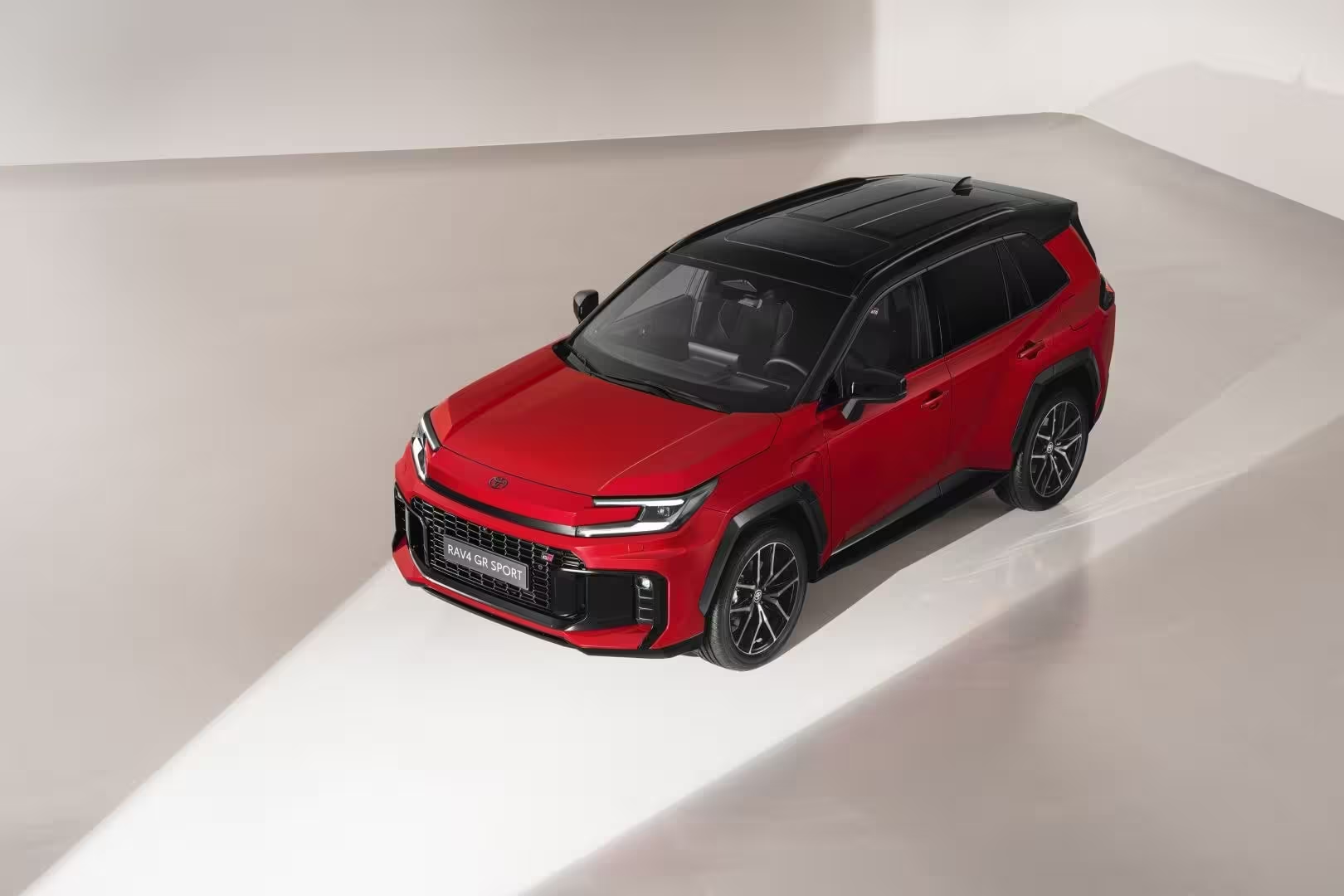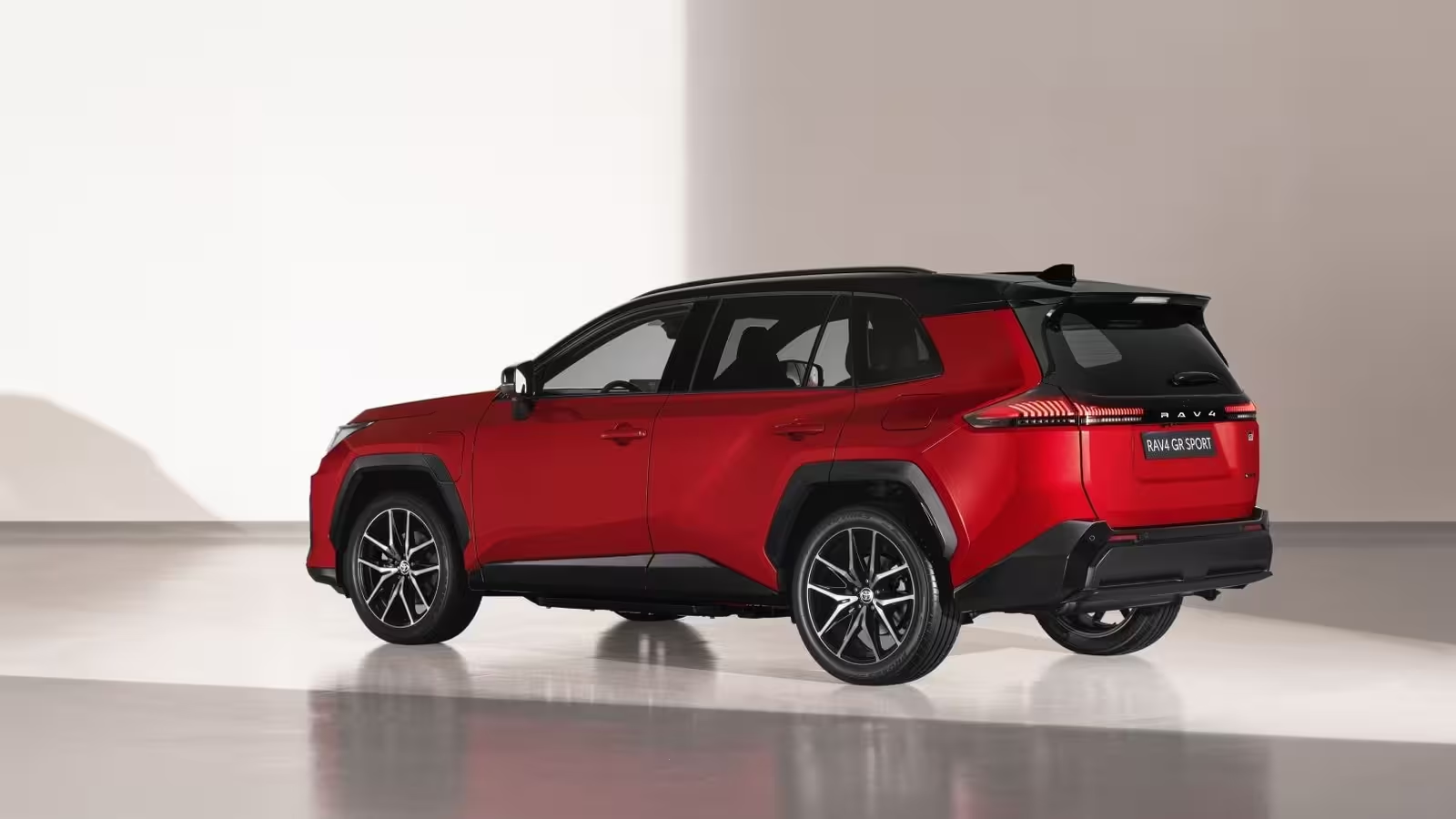4 Minutes
Why Toyota is Raising Prices in the US
The American automotive market is about to see significant price changes as Toyota reveals it will increase prices across its entire lineup. Due to new tariffs introduced by the Trump administration on imported vehicles and automotive parts, Toyota models—and even Lexus vehicles—will now cost more for US buyers. Starting in July, prospective buyers can expect to pay an average of $270 more for Toyota-branded vehicles and $208 more for Lexus models. This adjustment comes as Toyota confronts the financial impact of international trade policies and a shifting global car market.
Understanding the Impact of US Tariffs on the Car Industry
The recent imposition of 25% tariffs on imported cars and automotive parts—effective since early April and May, respectively—has sent shockwaves throughout the auto industry. International auto exports are facing sharp declines, with the Japanese Finance Ministry recently reporting a 1.7% decrease in exports year-over-year, led largely by shrinking automotive shipments. Toyota, one of the globe’s largest automakers, is making strategic moves to adapt and maintain its competitive edge, but these tariffs have forced the hand of many foreign brands, not just Toyota, to reevaluate pricing structures and market approaches.
Toyota’s US Models: New Pricing and What to Expect
Every Toyota model on sale in the United States will see a price adjustment. Toyota’s best-selling vehicle in America, the ever-popular RAV4 crossover, currently starts at $29,250. With the new pricing, the base RAV4 LE, equipped with a fuel-efficient 2.5-liter four-cylinder engine and DirectShift eight-speed automatic transmission in a front-wheel-drive configuration, will see its starting price rise to approximately $29,520.
The Toyota Camry, America’s second favorite from the Japanese automaker, is also affected. This midsize sedan, appreciated for its comfort, reliability, and hybrid technology, will have its LE variant with the 2.5-liter four-cylinder hybrid powertrain see a price adjustment from its current $28,700 MSRP.

Luxury Segment: Lexus Pricing Joins the Trend
The ramifications of these tariffs aren’t limited to mainstream models—Toyota’s luxury division, Lexus, is set for a price increase as well. Buyers can expect to pay an average of $208 more for a new Lexus vehicle, putting premium options like the Lexus ES and RX in line for higher price tags. For discerning drivers seeking luxury, enhanced safety features, and state-of-the-art infotainment systems, these changes will be important to consider in budgeting for new vehicle purchases.
How Toyota and Rivals Are Navigating Market Volatility
Faced with increased production costs, Toyota is fine-tuning its pricing strategies to remain competitive amid intense market pressures. According to company representative Nobu Sunaga, these adjustments reflect both changing market conditions and competitor pricing—an indirect reference to the challenges presented by new tariff policies.
The broader automotive landscape is also shifting. Other Japanese automakers, including Mitsubishi and Honda, are evaluating their strategies. Mitsubishi temporarily held back shipments before implementing its own price increases, citing inflation and volatility. Honda is reportedly considering similar measures, highlighting an industry-wide trend toward price adjustments in response to economic pressures.
Market Positioning and the Road Ahead
The United States remains Toyota’s largest market, followed by China and its home base, Japan. In 2024, Toyota sold over 2.3 million vehicles in the US out of 10.8 million worldwide. Despite the headwinds from tariffs and price increases, models like the Toyota RAV4 and Camry continue to offer strong value propositions, blending design, performance, and renowned reliability.
As the market landscape evolves, US car buyers can expect ongoing changes in vehicle pricing. Shoppers should stay informed, compare models, and consider upcoming increases when planning their next new car purchase. Whether eyeing a fuel-efficient hybrid, a spacious crossover, or a luxurious Lexus, understanding these changes is crucial for making an informed automotive investment.
Source: autoevolution



Comments